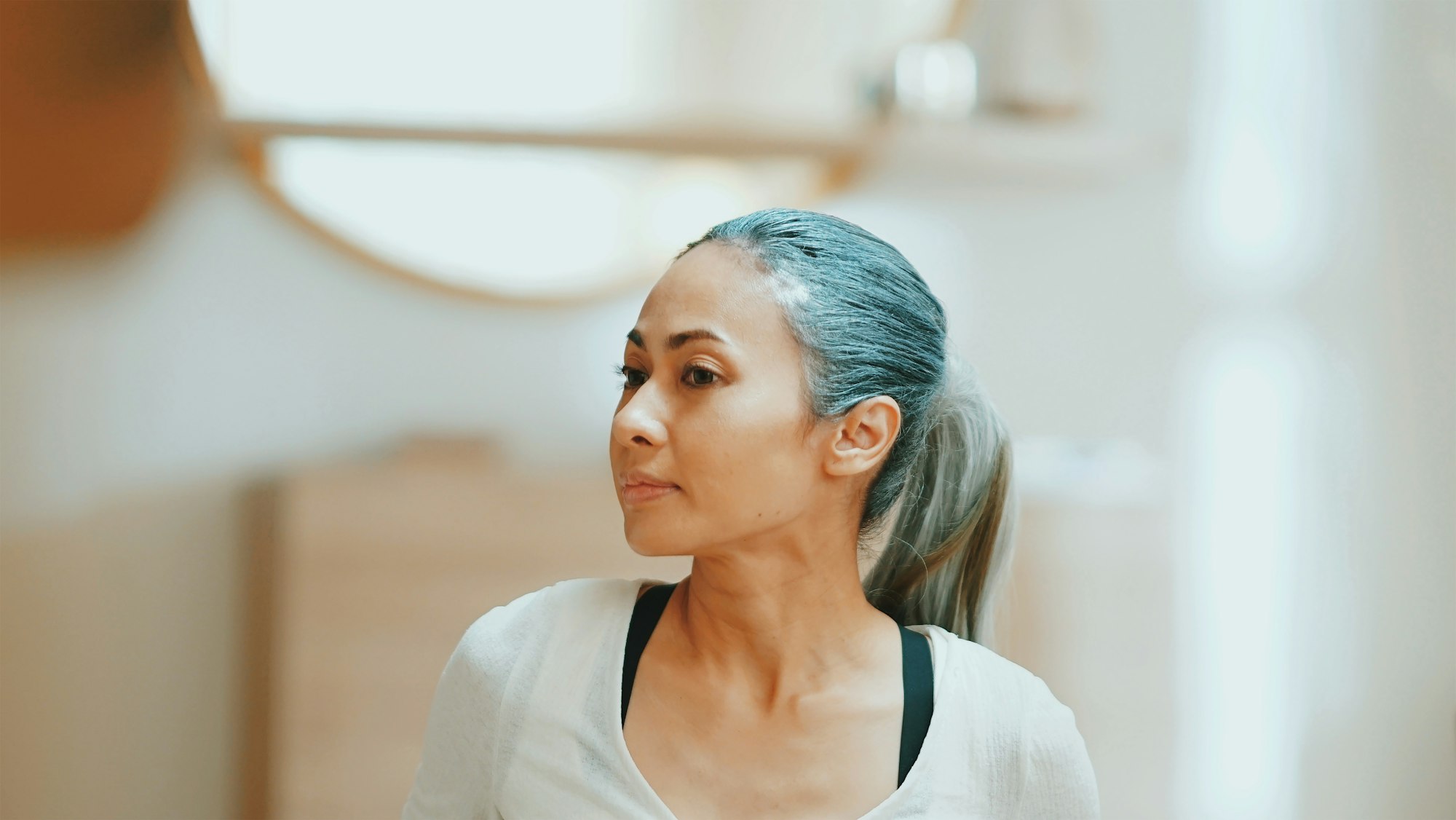The Menopause MythBusters: Separating Fact from Fiction

Menopause is not a disease to be afraid of, although it’s often treated that way.
First of all, menopause is not a disease.
Secondly, it doesn’t need to be scary or mysterious.
Menopause is a transformative phase that all women will go through at some point in their lives. Learning about menopause sooner rather than later can empower you to navigate this natural transition with grace and confidence.
Let's dive into what menopause is all about and separate fact from fiction.
Fact 1: Menopause is Inevitable for All Women.
Yes, you read that right.
Menopause is a universal experience for women. It's a natural biological process that marks the end of reproductive years. So, rest assured that you're not alone on this journey. Women from all walks of life go through menopause, and it's an opportunity for personal growth and self-discovery.
Fact 2: Knowledge is Power.
The more you know about menopause, the better prepared you can be.
By educating yourself about the symptoms, changes, and available support, you can approach this transition with greater confidence and ease. Understanding what to expect can help you make informed decisions and seek guidance when needed.
Lean into this phase of life as an opportunity for a deeper understanding of yourself.
Fact 3: Menopause Can Start Earlier Than You Think.
Contrary to popular belief, menopause doesn't adhere to a strict age limit.
While the average age for menopause is around 50, it can begin earlier or later.
Factors such as genetics, lifestyle, and underlying health conditions can influence the timing of menopause. If you experience symptoms earlier or later than expected, know that it's within the realm of normalcy.
Fact 4: Symptoms Vary for Every Woman.
Menopause brings along a range of symptoms, including hot flashes, night sweats, mood swings, vaginal dryness, and changes in menstrual cycles.
It's crucial to remember that every woman's experience is unique. Some may have mild symptoms that don't disrupt daily life, while others may face more intense challenges and find menopause greatly impacts quality of life.
By being open and honest about your symptoms, you can find appropriate ways to manage and alleviate them.
Menopause is not a journey you have to navigate alone.
There are numerous resources, support groups, healthcare professionals, and online communities dedicated to providing guidance, information, and a supportive space for women going through this transition.
Don't hesitate to reach out, share your experiences, and seek assistance when needed.
Support can make all the difference in embracing this phase of life.
References
Australia
Menopause, Better Health, Australia, 2019
Menopause, The Women's, The Royal Women’s Hospital, Australia
Menopause what are the symptoms?, Australasian Menopause Society, 2020
Canada
Menopause Management, Canadian Menopause Society,
United Kingdom (UK)
Menopause, National Health Service (NHS), UK, 2022
United States of America (USA)
The Menopause Years, The American College of Obstetricians and Gynaecologists, 2018

